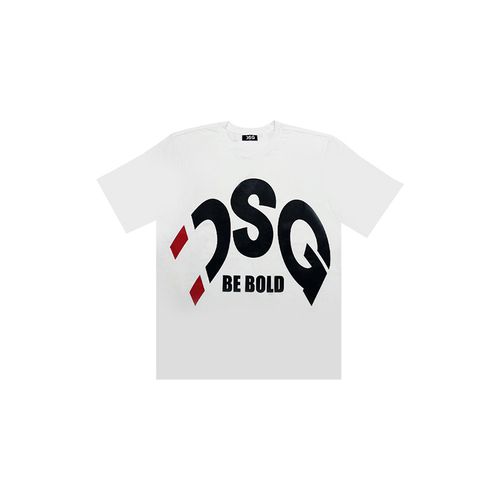T-shirts are one of the garments that people often wear in daily life, and fabric selection is one of the important details to consider when customizing T-shirts. Here are the key points to note when choosing fabrics to help you customize your ideal T-shirt.
1. Comfort: The comfort of the fabric is crucial for customized T-shirts. Choose fabrics that are soft, breathable and have good moisture-wicking properties, such as cotton, linen, wool, etc. These fabrics provide a comfortable wearing experience without causing excessive irritation to the skin.
2. Breathability: The breathability of the fabric determines whether the body can get enough ventilation and air flow. In hot seasons or during exercise, fabrics with higher breathability can help the body stay dry and cool and reduce the discomfort of excessive sweating. Natural fiber fabrics such as cotton, linen, and silk perform better in terms of breathability.
3. Elasticity and resilience: The elasticity and resilience of the fabric directly affect the texture and wearing effect of the T-shirt. Fabrics with an appropriate amount of elastic fibers (such as spandex, elastane, etc.) can make T-shirts more close-fitting and comfortable, while helping to maintain the shape of the clothing.
4. Durability: The durability of fabric is very important to the quality and service life of customized T-shirts. Choosing fabrics that have been specially treated or have a higher density can improve the wear and tear resistance of the T-shirt, making it durable.
5. Color fastness: The color fastness of the fabric refers to whether the fabric is easy to fade during washing and daily wear. Choosing fabrics with good color fastness can ensure that the T-shirt will maintain good color and appearance quality after multiple washes.
6. Convenience of washing and care: Give priority to fabrics that are easy to clean and care for, such as machine washable and durable materials that are easy to iron and dry. This makes your daily wear and maintenance easier.
7. Environmental protection: More and more people are paying attention to environmental protection, and choosing environmentally friendly fabrics is in line with contemporary trends. For example, options such as organic cotton, recycled fibers or recyclable materials can all help reduce your environmental impact.
When choosing fabrics, you can make decisions based on personal needs, seasons, usage scenarios and special needs. It’s best to work with a shop or brand that specializes in customizing T-shirts and ask for their advice and recommendations on fabrics to ensure you get the high-quality, comfortable, and durable custom T-shirts you expect.








